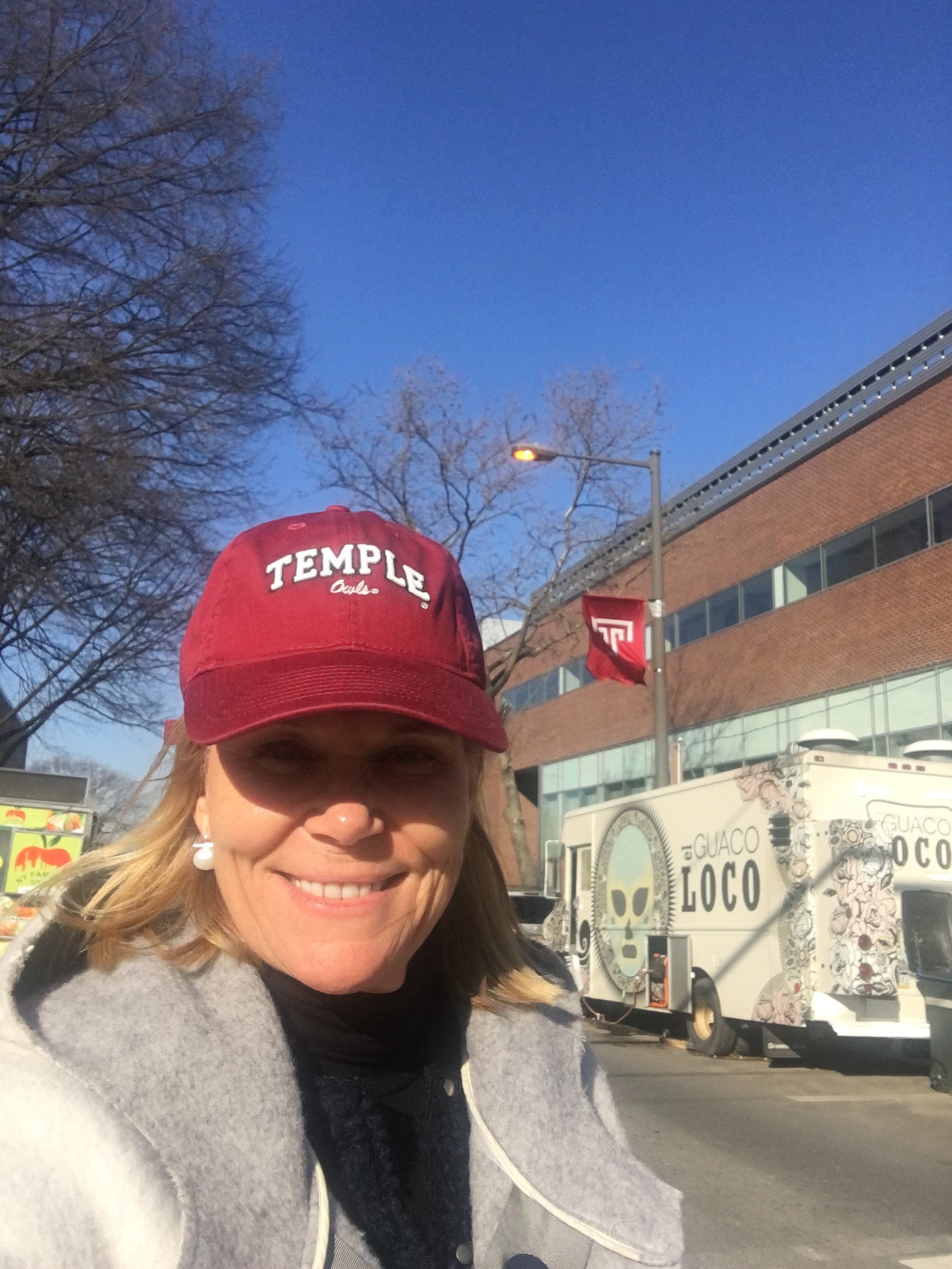Ulrika Citron, KLN ’88, serves as the co-chair of the Next Generation Council for the Shoah Foundation at the University of Southern California (USC). Having spent her career working strictly with not-for-profit organizations, she works to give a voice to victims and witnesses of atrocities, and to educate the public to fight discrimination, bullying and racism.
USC’s Shoah Foundation interviews survivors of the Holocaust and other genocides around the world, recording their stories so they can be shared for educational purposes.,The organization works with 57,000 educators worldwide to support the group’s motto: “Never again.” The organization’s goal is to halt the cycle of genocide across the globe.
Citron’s connection to the Holocaust runs deep: Her father grew up in Amsterdam in the 1940s. In an effort to escape the concentration camps, her father and his siblings became “hidden children” during the war—Jews hiding from the Nazis. Members of the resistance, often families, took these children in to shield them from capture and deportation to the camps.
Her father managed to survive, but his parents and most of his extended family were killed. He ended up in Sweden after the war, where he married Citron’s mother. They lived there until she was ready to start college. They came to the United States and settled in Philadelphia. While living in Center City Citron her bachelor’s degree in film production at Klein College with a minor in German at the College of Liberal Arts.
“Coming from a different country and having an American college experience had an impact on me—the camaraderie with students, being able to take classes in different departments, it totally changed me,” she said. “It led me to a full-time job in New York, and I’m still here—I became an American citizen.”
Her time at Temple led her to an internship at WHYY she called “invaluable.” Her performance there earned her a job at PBS in New York as a producer’s assistant.
After she had her first child, Citron started thinking about a career change. “I got married and had kids, which wasn’t conducive to the work I was doing,” she said. “My husband was traveling for work so I decided to stay home with my firstborn son—which [stayed true for] the second and the third too.”
Citron didn’t want to take any old job in an office. “I wouldn’t want to have a job that’s not meaningful—that’s very important to me,” she said. “Even when I was living paycheck to paycheck from PBS I believed that.”
She found herself working for various non-profits in New York and volunteering at her children’s schools. It wasn’t until her kids got older and more independent that her work’s focus changed.
“I was trying to see what to do now that I have more time. My husband went to USC so there’s a connection that led us to The Shoah Foundation and we became immersed in their work,” Citron said. “It resonated with us to support education, and the philosophy of genocide prevention through testimony-based education.”
Citron began donating her time to the foundation, interviewing survivors and helping plan events. Eventually, she went to Rwanda to learn about the 1994 genocide there directly from survivors. It claimed the lives of over 800,000.
“To see these young people who had been through so much, finding comfort in testimonies from the Holocaust, seeing that they could go on with their lives, create families, have success even—it was profound and inspiring,” she said.
Citron has also visited Nanjing, China, where more than 300,000 were killed in a genocide during the 1930s. She collected testimonies from some of the few remaining survivors, and added them to the foundation’s archives.
Citron has found many benefits of working for the Shoah Foundation.
“It gives me a lot of flexibility. I work from home, I get to travel, and I can control how much work I put in—a positive when you have kids,” Citron said. “And of course, the substance of the work—I don’t know where else I could find that.”

